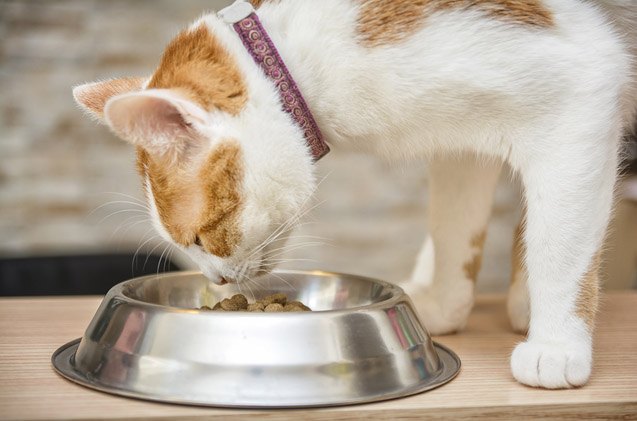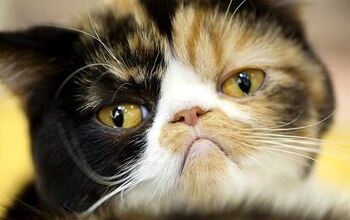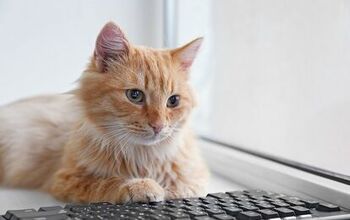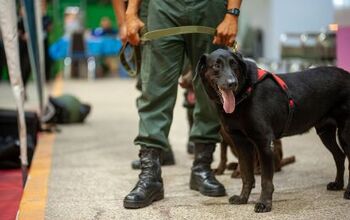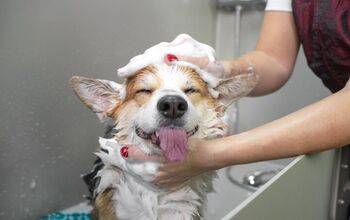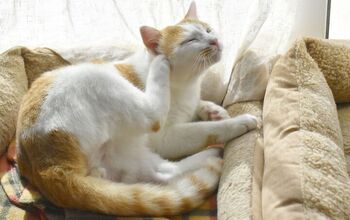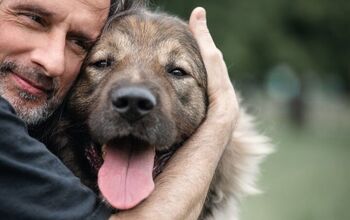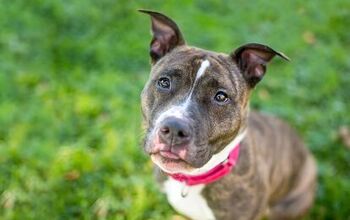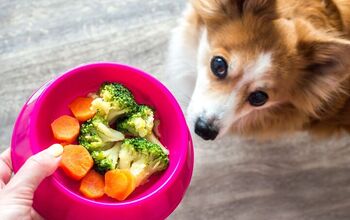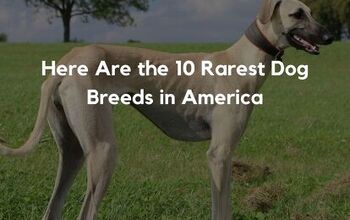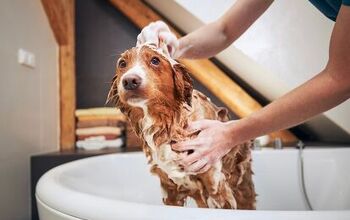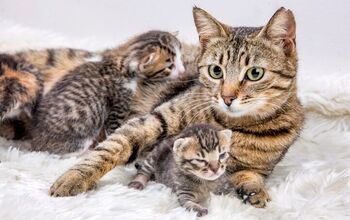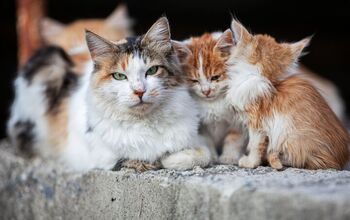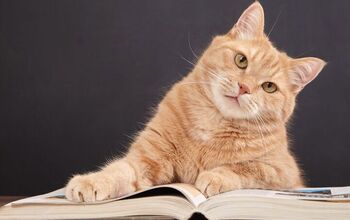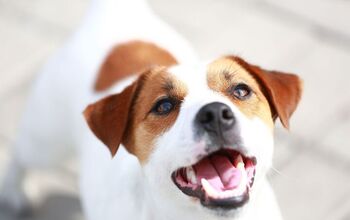5 Reasons Why a Cat Would Refuse to Eat

Cats are known for being picky eaters, but if your cat starts refusing to eat, it’s time to have him checked by a vet. This behavior could be an indication that he isn’t feeling well and there may be a medical condition that needs to be addressed.
We’ve listed five common reasons why a cat would refuse. The best way to get answers to your particular kitty’s appetite change is to contact your vet.
Gastrointestinal Ailments
A variety of gastrointestinal ailments could lead to a cat’s lack of appetite, especially if it is accompanied by diarrhea, constipation, nausea, vomiting, and weight loss.
Related: Tell-Tale Signs Your Cat May Be in Pain
Some gastrointestinal problems include colitis, pancreatitis, gastroenteritis, parasitic infection, foreign bodies and blockages, cancer, and changes in the bacterial balance of the intestines.
Your vet will need to properly exam your pet to determine the cause of the gastrointestinal problems, and he or she will tell you what needs to be done, including changing your cat’s diet or administering medications, to get your kitty’s appetite back on track.
Dental Problems
A cat suffering with dental disease may not want to eat because his mouth hurts. Oral ailments can include inflammatory disorders and tumors, as well as infections and injuries, all of which could make chewing painful and difficult.
Related: 5 Reasons Why Your Cat May Be Losing Weight
Your vet can thoroughly examine your cat’s mouth to determine if there is a tooth problem, inflammation of the gums, an abscess, or sores that are preventing your kitty from eating comfortably.
Kidney Disease
Kidney disease is one reason why cats, particularly those who are older, may refuse to eat. This is because felines who suffer from kidney problems also deal with nausea, which will make them feel sick enough to avoid eating.
Again, your cat’s vet is the best person to diagnose the reason that your kitty hasn’t been eating the same as he used to. Therefore, it’s important to take him in for a checkup right away, particularly if there is an underlying condition like kidney disease to blame, as this needs to be treated promptly.
Stress or Psychological Causes
Because felines are creatures of habit, if there has been a change recently in your kitty’s routine or living arrangements, he may stop eating. Also, if you recently traveled with your cat, he may have experienced motion sickness that resulted in a lack of appetite.
If a cat isn’t physically ill, psychological problems, such as depression or anxiety, could also be to blame for your cat’s refusal to eat. Again, changes in his environment may lead to stress that could make your cat avoid his food.
Vaccinations
If your cat recently received a vaccination, his refusal to eat may be a side effect of the vaccine that the vet administered. Though this side effect should be mild and temporary, if you have any questions or concerns at all, ask your doctor if the vaccination may be to blame.
A Word About Hepatic Lipidosis
If your cat doesn’t eat enough and starts losing weight, his body will end up relying on fat reserves to produce energy, but this fat will need to be processed by the liver, which will become overwhelmed, resulting in hepatic lipidosis. This is a serious condition that could result in liver failure. So, again, if your cat’s eating habits have changed and he refuses to touch his food, call your vet right away.
Because felines can become very ill quite quickly if they stop eating, it is important to determine the cause for your cat’s refusal to eat as soon as possible. Once your vet has properly diagnosed your cat’s condition, you will be able to move forward with the right treatments to restore your pet’s appetite.

Lisa Selvaggio is a freelance writer and editor, and our resident cats-pert, with certifications in pet nutrition and pet first aid. She enjoys producing content that helps people understand animals better so they can give their pets a safe and happy home.
More by Lisa Selvaggio



